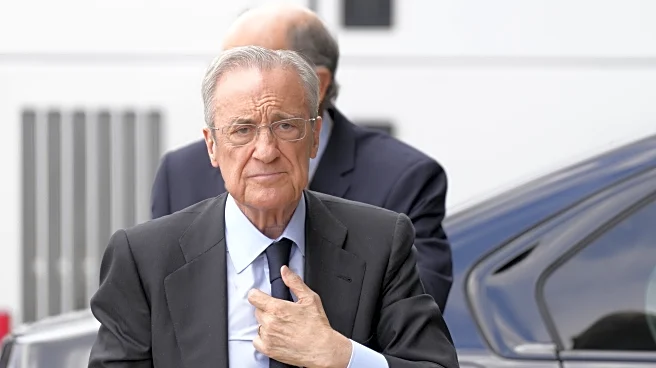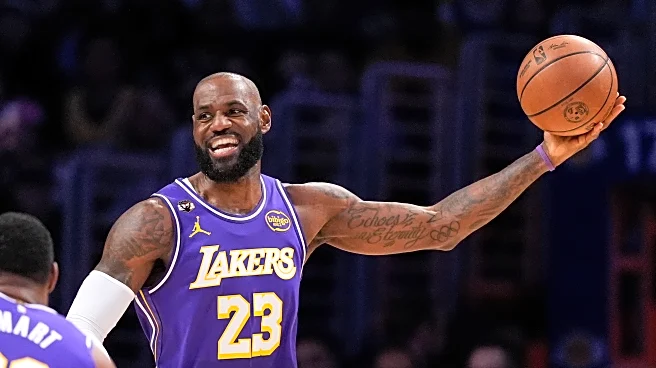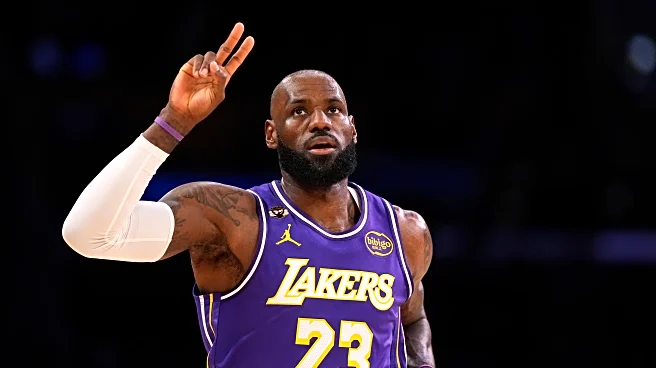According to a new report from The Athletic, Real Madrid are seriously exploring a historic and controversial shift in their ownership structure — one that could open the door for outside investors to buy
into the club for the first time in its 123-year history.
Although this report stems from The Athletic, it shouldn’t come as a surprise, as Florentino Perez himself has hinted at this idea in last year’s Annual General Meeting.
Since their founding in 1902, Real Madrid have been owned by their socios (club members). This democratic structure — where members elect the president and approve key financial decisions — is deeply tied to Madrid’s identity. But Florentino Pérez believes it also limits the club’s financial flexibility compared to rivals backed by billionaires or state wealth funds.
Sources told The Athletic that Pérez is preparing to present concrete proposals at the upcoming General Assembly, expected before the end of November. The plan would need to be approved through a member referendum.
One of the ideas under discussion would effectively split Real Madrid into two entities: one for the football operations (remaining under socio control) and another for the club’s business ventures, such as stadium revenues and events at the renovated Bernabéu. This second entity could allow outside investors to purchase stakes, bringing in capital without giving up sporting control.
A “50+1” model — similar to the one used in German football, which guarantees member majority ownership — has also been floated internally. The challenge is balancing legal, tax, and governance complexities while ensuring that socios retain ultimate authority.
Real Madrid already have partnerships with private equity firms such as Sixth Street and Providence, both of which helped finance the €1.8 billion Bernabéu redevelopment. However, Pérez’s new proposal would represent a far deeper structural change — potentially redefining what it means to be a member-owned club in the modern era.
For now, no final model has been agreed upon, and Pérez has repeatedly insisted that Real Madrid “must always belong to its members.” But sources suggest momentum is building toward a transformation that could mark one of the most consequential moments in the club’s history.
Whatever happens, it appears Real Madrid’s leadership believes that evolution — not revolution — is necessary to remain competitive in a football world increasingly dominated by external capital.










